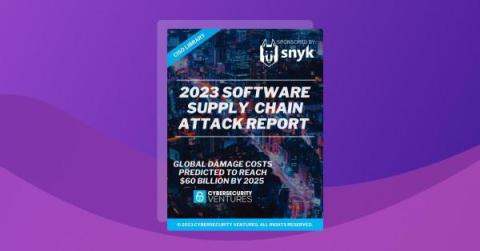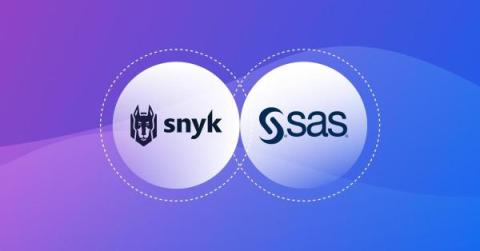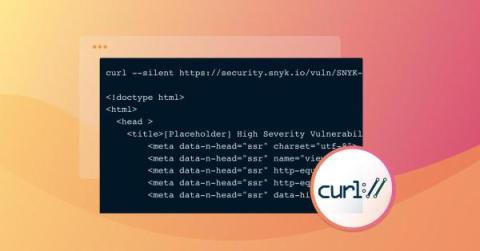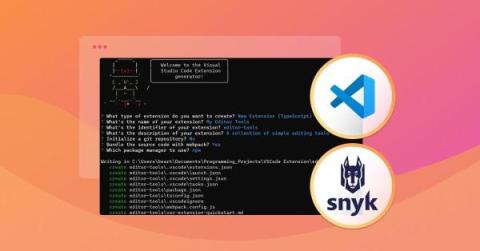Cybersecurity Venture's 2023 Software Supply Chain Attack Report
Most enterprises' critical infrastructure and operational pipelines rely on an intricate web of software, online services, and cloud applications. This level of complexity makes supply chain risk management one of (if not the) biggest challenges for CISOs today. Today, malicious actors choose to exploit software supply chain vulnerabilities rather than just target end users. These SSC attacks have caused some of the most notable cybersecurity incidents and data breaches in recent years.











